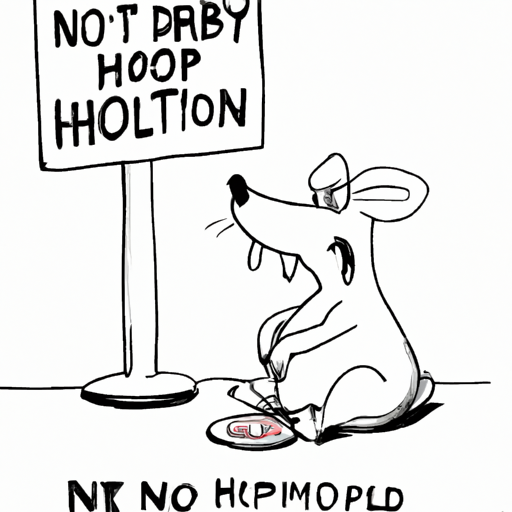“`
Why Is Ham Bad for Dogs?
The Hidden Dangers of Ham
You might think that treating your furry friend to a slice of ham is harmless, but it could have serious consequences. Dogs have different dietary needs and tolerances than humans. What might be a delicious snack for you could be a health hazard for them. Ham is high in fat and sodium, which can lead to obesity and heart disease in dogs, much like it can in humans. But for dogs, the risks are even greater.
- Fat Content: Ham and other pork cuts are high in fat. When your dog consumes too much fat, it can lead to pancreatitis, a serious and potentially fatal condition.
- Salt Content: Ham is also high in sodium, which can cause excessive thirst and urination in dogs. In severe cases, it can lead to sodium ion poisoning.
The Risk of Bones and Choking
Another risk associated with feeding ham to dogs is the potential for choking or intestinal blockage. Ham bones are particularly dangerous because they can splinter and lodge in your dog’s throat or puncture their intestines.
| Risks of Feeding Bones to Dogs | How to Mitigate Risks |
|---|---|
| Choking | Avoid giving your dog any bones |
| Intestinal blockage | Only give your dog chews and toys designed for dogs |
| Broken teeth | Regularly monitor your dog’s dental health |
Understanding Canine Nutrition
Your dog’s diet should be balanced and complete. While meat is a crucial part of their diet, it should be lean and low in sodium. Here are some key aspects of a dog’s diet:
- Protein: Dogs need a lot of protein, but it should come from lean sources like chicken, turkey, and fish.
- Carbohydrates: Dogs can benefit from healthy carbohydrates like sweet potatoes, brown rice, and peas.
- Fats: While dogs need some fat in their diet, it should be from healthy sources and in moderation.
- Vitamins and Minerals: These should come from fruits and vegetables, not supplements.
Alternatives to Ham for Dogs
If you want to give your dog a meaty treat, consider these healthier alternatives to ham:
- Cooked chicken or turkey (without skin or bones)
- Lean cuts of beef (cooked and without bones)
- Fish like salmon and tuna (cooked and boneless)
FAQ
Q: Can I give my dog a small piece of ham occasionally?
A: While a small piece of ham occasionally might not harm your dog, it’s best to stick with healthier treats.
Q: My dog ate ham bones. What should I do?
A: If your dog ate ham bones, monitor them closely for signs of distress. If you notice anything unusual, contact your vet immediately.
Q: Can I give my dog ham as a special treat during the holidays?
A: It’s best to avoid ham altogether. There are plenty of dog-friendly treats available that your pup can enjoy instead.
In conclusion, while it might be tempting to share your ham sandwich with your furry friend, it’s best to stick to dog-friendly treats. Your dog’s health and well-being depend on it.
“`



